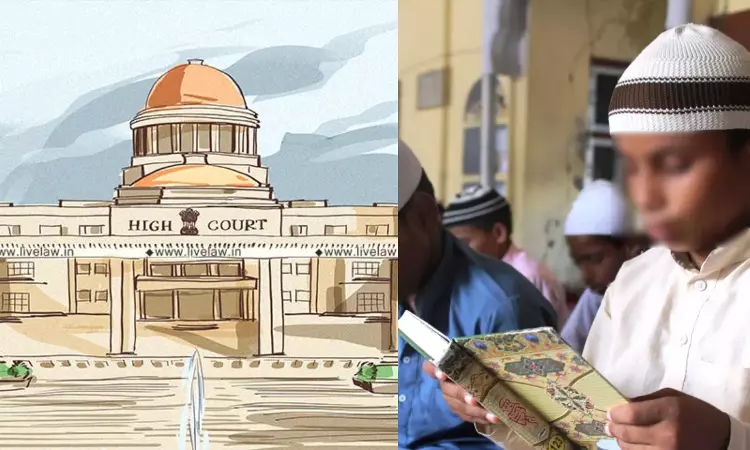Why Madrasa Board Under Minority Dept, Not Education?; Can Persons Of Specific Religion Only Be Appointed To Board?: Allahabad HC Asks UOI, UP Govt
Sparsh Upadhyay
10 Dec 2023 1:39 PM IST

Next Story
10 Dec 2023 1:39 PM IST
Amid the ongoing controversy over madrasas in Uttar Pradesh, with the state government surveying the Islamic education institutions in 2022 and forming an SIT last month to probe madrassas' funds from abroad, the Allahabad High Court last week questioned the need for the Madarsa Board to run under the Minority Department rather than the Education Department of the state.The bench of Justice...
